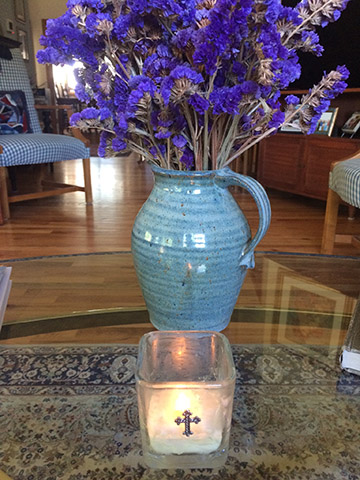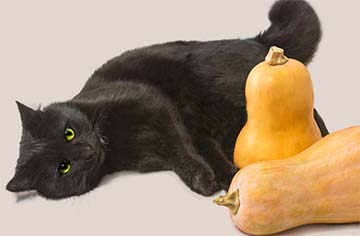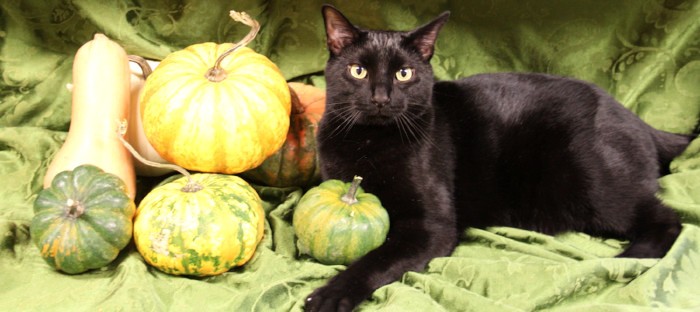Pollyanna. A word that we have learned to associate with someone who is constantly happy, who seems to never actually see the bad in people or circumstances, dangerously naive. Ideas that, in this modern world of social conflict, seem almost ridiculous. You might even get killed if you just walk around thinking everyone is nice and honest!
But Pollyanna isn’t who you think she is. I encourage you to read this short children’s book written before WW1. What I remember the most from reading this with my kids is “The Glad Game”. It’s probably what gave her the modern reputation we think of. Pollyanna does not fail to see the pain, the deception, the unfairness of the world she lives in. She sees loneliness and anger in others and her empathy lets her realize how that feels. So perhaps, what I will tell you will make you think of all the times you were caught in depression or grief or all kinds of pain and some fool walks up and says “cheer up, what have you got to be sad about? At least you’re alive”. Your lips tighten, you hand clenches at the insensitivity. In some ways the Glad Game might feel like that to you, at first, even when it’s you saying it to yourself. Because the Glad Game started like that.
Pollyanna was expecting to get a doll in the mail. A mistake was made and instead the box held crutches. She was crushed. But her father taught her that she could, if she wanted to, try to find something “glad” in every situation. So Pollyanna, somewhat like the fool in the above example, decided that having the crutches but not needing them was something to be glad of. The difference is, she saw this for herself and decided to accept the idea. It wasn’t forced upon her by a “well meaning” stranger.
After that, she made a game of it, a challenge to herself, to find just one thing, no matter how small, to be glad about in any given situation. Sometimes it seems that no one could be glad in some of the situations she finds herself in and she would be the first to tell you that, yes, it’s a stretch and yes, it is a really foul situation. She is now an orphan living with a strange relative in a new place, afterall. But it’s her personal challenge. She doesn’t say it’s easy. She says that you might have to look long and hard to find the glad thing. She calls it a game but really, it’s a challenge she has set upon herself. She can choose to not find what is glad, if she wants to.
But you know how it is, when you get an idea in your head… especially if you are my Capricorn daughter, that you WILL DO IT no matter what anyone else says. That’s what it means to be Pollyanna. The courageous choice to find even the smallest thing in the darkest of times to be glad about. Honestly, I have to admit, if it was me, even if I saw the tiny glad thing I’d probably just tell it to fork off, that it didn’t help the overall situation.
As an adult, there’s more complexity to life and finding a glad thing is not always enough to get through the situation. But perhaps it can be your good luck charm, your talisman, the little red bead you have tied on a slender tie around your wrist. It is nothing. It is not valuable but you wear it because it is a good luck charm for you. The glad thing you find in your drive through Hades can be that, another red bead. Maybe it doesn’t change a single thing, except maybe you, just a little, and you don’t even notice.
Besides the Glad Game, the other thing you need to like about Pollyanna is she is an early pioneer in the art of self care. While you trudge through situations where the Glad Game feels like an absurd joke, it might be time to make quality time for yourself. Aunt Polly is no mother. She keeps Pollyanna busy doing chores all the time just to keep her from getting in the way. But Pollyanna is having none of it and she tells her aunt so. She tells her aunt that all that work doesn’t leave time for living. Her aunt counters that such is nonsense because of course Pollyanna is living. Pollyanna outlines for her aunt all the things she wants to be doing, from playing outside to being with friends, and reading. You know, all those childish things we should all be making time for! And then she says the thing that makes me glad, “That’s what I call living, Aunt Polly. Just breathing isn’t living!”
Three things to remember about Pollyanna:
1. She is not naive. She sees all the negative things and realizes the pain they cause.
2. She works very hard on her “game”, to find that one glad thing in a day which is starting to feel perilously close to a day of “not living”.
3. She asks for the time, makes the time, and takes the time to do the things that make her happy, that refresh her, so that she feels alive, not just breathing. It is extra hard to play the Glad Game when you have overburdened yourself. (of course, just breathing, as an intentional practice is definitely living!)
So when you play the Glad Game and tell someone that, even though the entire day sucks old bananas, there is this one good thing you found and they laugh and say “You are such a Pollyanna.” You can reply, “Thanks for the compliment.”
Blessings,
Chel
(“Pollyanna” by Eleanor H. Porter, c.1913)





